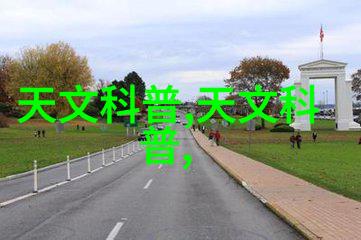一、引言

工业废气是指在工业生产过程中排放的各种有害物质,包括但不限于氮氧化物、硫氧化物、挥发性有机化合物(VOCs)、重金属和其他危害人类健康和环境的污染物。随着全球经济的快速发展,工业废气的问题日益突出,对于如何有效地预防和治理这一问题,已成为国际社会关注的一个热点话题。
二、工业废气的危害

对环境影响
空气质量恶化
空气污染是由大量无组织排放或未经净化排放的废气造成的一种严重环境问题,它会直接导致空气质量下降,从而对人体健康构成威胁。

生态系统破坏
Industrial waste gas pollution can disrupt the balance of ecosystems and cause irreversible damage to plant and animal life.

对人类健康影响

呼吸系统疾病
长期暴露于含有多种有害污染物的空气中,可引起或加剧慢性呼吸系统疾病,如哮喘等。
**心血管疾病与癌症风险增加
有研究表明长期接触高浓度PM2.5可能会提高心脏病和某些类型癌症发生率。
经济损失与社会代价
Industrial waste gas pollution leads to a significant economic burden due to increased healthcare costs, lost productivity, and environmental cleanup efforts.
政府政策制定者面临挑战与责任
三、预防与控制策略
3.1 从源头减少排放
实施节能减排措施
Improving energy efficiency in industrial processes can reduce emissions of pollutants.
采用清洁生产技术
Clean production technologies can minimize waste generation and emissions during manufacturing.
3.2 进行必要监控及管理
建立监测网络
A network of air quality monitoring stations is necessary for tracking pollutant levels and identifying sources of emissions.
实施环保法规
Governments must establish strong regulations on industrial emissions standards, enforcement mechanisms, and penalties for non-compliance.
3.3 应急响应计划建立
定期演习并更新计划
Emergency response plans should be regularly tested through drills or exercises to ensure their effectiveness in case of accidents or spills.
4、从最终处理看待解决方案
四、结论 & 推荐行动步骤
为了全面有效地应对Industrial Waste Gas Harmful Effects,我们需要采取综合性的措施,从源头减少产生量,并通过强大的法律框架来确保遵守环保标准。此外,加强公众意识教育,让更多的人参与到这场“绿色革命”中来,将对于我们共同创造一个更美好的未来至关重要。



